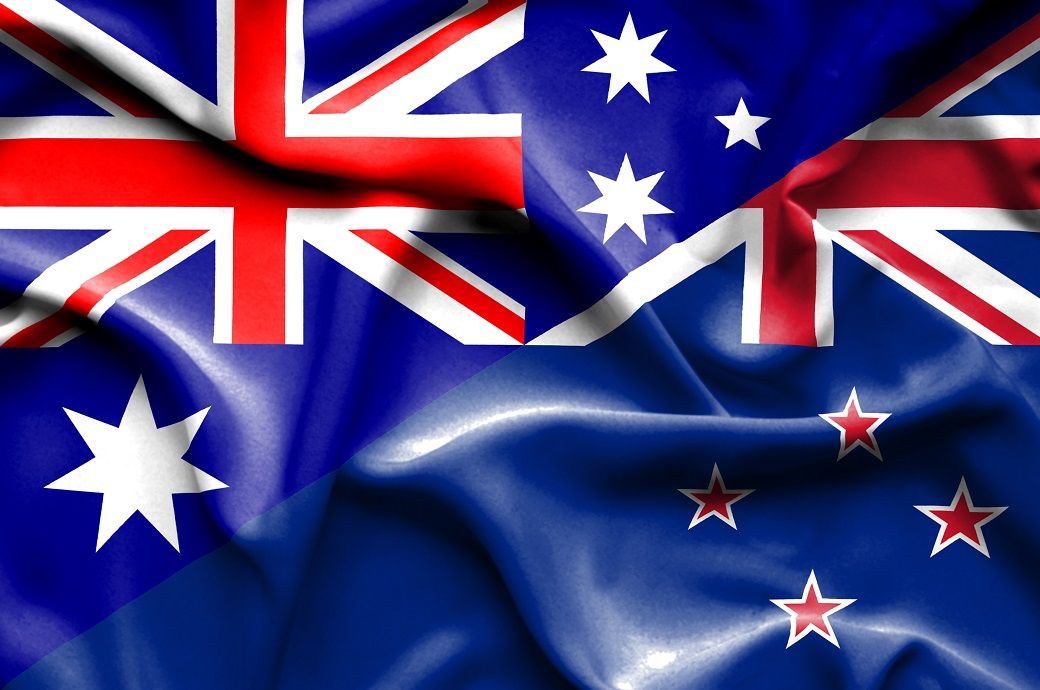
The joint Declaration was signed in Adelaide today as part of the annual CER Ministerial Meeting, the New Zealand government said in a press release.
Damien O’Connor, New Zealand’s trade and export growth minister, said, “When the CER was signed in 1983, it was hailed as a world-leading agreement, and 40 years on, that has not changed. The enduring nature of CER’s success lies in its ability to move with the times and respond to a changing trade environment.
“Today, alongside my counterpart Senator Hon Don Farrell, I have concluded and signed a Declaration that builds on the success of CER and amplifies our commitment to a rules-based international trading system, the advancement of a net-zero transition, and the delivery of sustainable development for our communities.”
Australia was referred to as the most important trading partner, representing 15 per cent of the total exports and $29 billion in two-way trade the previous year. O’Connor stated that the joint Declaration outlined how both countries were working to build modern, resilient, and inclusive economies on either side of the Tasman. He added that this included making sure the rights and economic interests of Indigenous Peoples were reinforced and not undermined by international trade and investment policy and activities.
It was stated that the Declaration showed a commitment to work together on issues such as modern slavery, biodiversity loss, plastics pollution, and climate change. O’Connor expressed that, as close partners with shared values, both Australia and New Zealand believed in using trade as a force for good in their region and in upholding an international rules-based trading system that ensured everyone received a fair opportunity.
Moreover, the New Zealand government has updated its Trade, Environment, and Climate Change Framework and Trade and Labour Framework, reaffirming commitment to sustainable and inclusive trade. O’Connor stated that the revised frameworks align with current global issues like climate crisis and modern slavery and aim to enhance living standards, protect rights, and promote sustainability. They have been informed by public consultation and continue to guide trade negotiations.
ALCHEMPro News Desk (NB)
Receive daily prices and market insights straight to your inbox. Subscribe to AlchemPro Weekly!